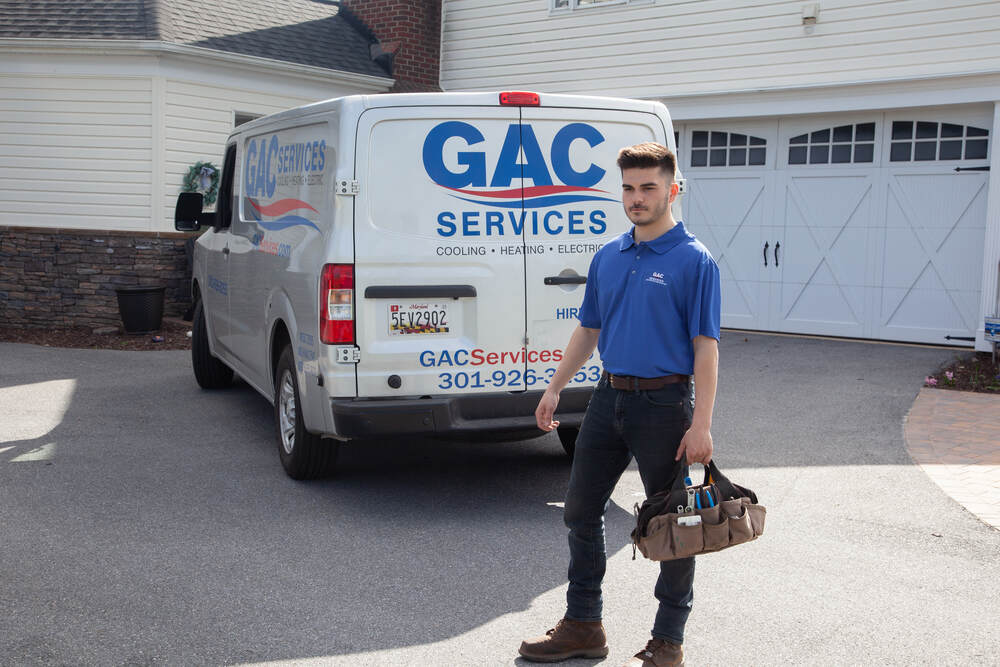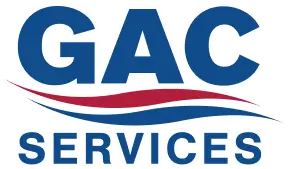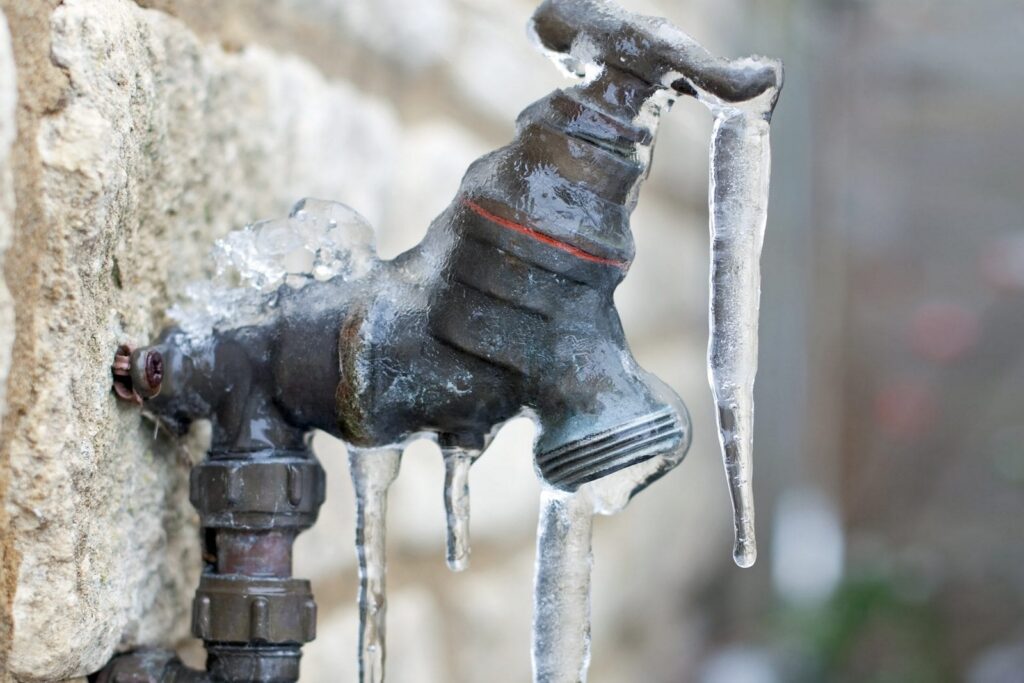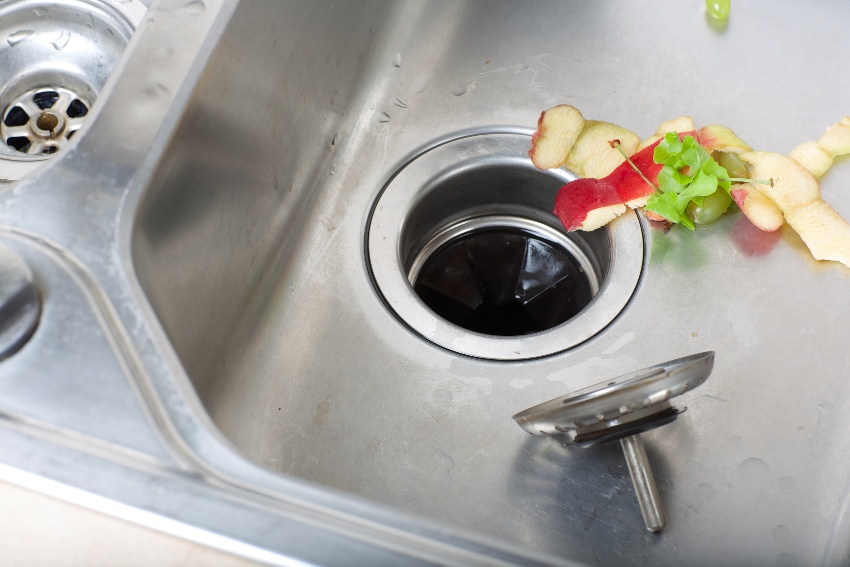

Blog
How to Remove Hard Water Deposits

If you’ve noticed chalky white crust on your faucets, cloudy glass shower doors, or rings in your toilet that never seem to scrub away, you’re looking at hard water deposits. They come from calcium and magnesium in the water. The minerals themselves are harmless, but once they dry on surfaces they leave a tough residue that can clog fixtures and wear out appliances.
In Maryland, especially in Montgomery, Frederick, Howard, Carroll, Anne Arundel, and Prince George’s counties, hard water is just part of daily life. The water is safe, but without some extra care it makes cleaning harder and shortens the life of your plumbing.
Why Hard Water Builds Up
Hard water happens when your supply carries a high amount of dissolved minerals. Every time water evaporates, the minerals stay behind. Over days and weeks, that light film turns into scale you can’t wipe off. Maryland’s water supply has enough mineral content that just about every homeowner here runs into it at some point.
Where You’ll See It
The bathroom is usually the first place. Showerheads start spraying unevenly because the holes get crusted shut. Faucets lose water pressure. Toilets build that ring around the bowl. Over in the kitchen, glassware looks spotty no matter how well the dishwasher runs. Even washing machines start to lose efficiency when minerals settle inside. If you’ve lived here a while, you’ve probably noticed all of it firsthand.

Cleaning Hard Water the Easy Way
The good news is you don’t need anything fancy to clean most deposits. Vinegar is the go-to. Baking soda helps when you need extra scrubbing power, and lemon juice can lift tougher stains.
For faucets or showerheads, the bag trick works best. Fill a plastic bag with vinegar, tie it around the fixture so it’s submerged, and leave it a few hours. Once you pull it off, a quick scrub usually clears the rest.
Sinks and toilets respond well to a mix of baking soda and vinegar. Sprinkle the baking soda, pour on the vinegar, let it fizz, then scrub and rinse. It won’t fix years of buildup overnight, but it handles most rings and stains.
Appliances take a little more effort. In the dishwasher, put a cup of vinegar on the top rack and run a hot cycle. In the washer, pour a couple cups straight into the drum and run hot with no clothes. If it’s really bad, you may need a descaling cleaner from the store.
Glass shower doors are the one that frustrates most folks. A spray of half vinegar and half water, left to sit a few minutes, usually cuts through the haze. The trick is drying the glass after so the spots don’t return right away.
Keeping Deposits From Coming Back
The fastest way to fight hard water is to wipe things down before they dry. It takes an extra minute after a shower, but it saves you from scrubbing later. A quick vinegar spray once a week keeps buildup light.
For a longer-term fix, a water softener makes the biggest difference. By filtering out minerals before they move through your plumbing, it cuts down the deposits that form on fixtures and inside appliances. A softener also helps water heaters, dishwashers, and laundry machines last longer.
When DIY Isn’t Enough
Sometimes deposits get past the point of vinegar and scrubbing. If your showerhead barely sprays, or the stains come back as fast as you clean them, that’s when it’s time to call in help.
At GAC Services, we clear fixtures, restore water flow, and install water treatment systems that tackle the problem at the source. Families across Montgomery, Frederick, Howard, Carroll, Anne Arundel, and Prince George’s counties rely on us for both quick cleanups and long-term solutions.

Clear Water, Clear Fixtures
Hard water deposits are frustrating, but you don’t have to live with them. Simple habits keep them under control, and professional treatment makes a permanent difference.
If you’re ready to get ahead of hard water in your home, call us. Whether it’s clearing clogged fixtures or setting up a water softener, we’ll help you keep your plumbing in shape and your home running smoothly.





